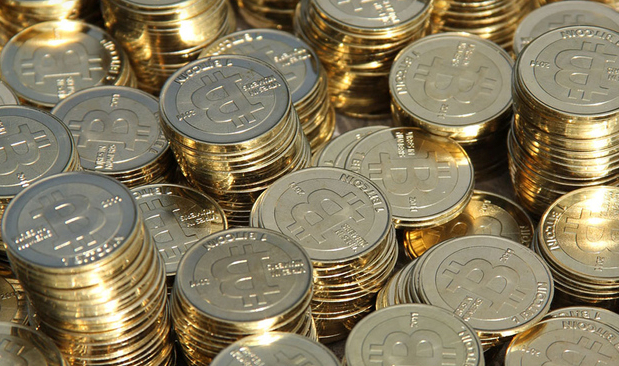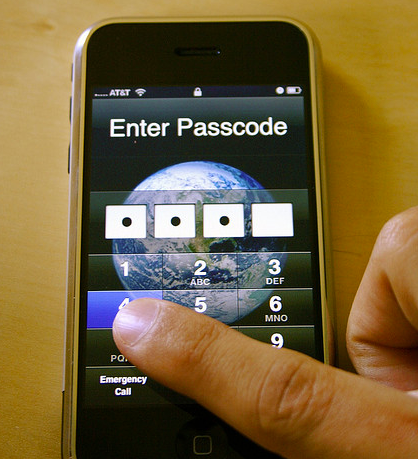This past Thursday The Verge announced that the total value of the digital currency Bitcoin had surpassed $1 billion.
This news no doubt sparked a variety of reactions from “I wish I would’ve invested when it was $13 two and a half months ago” to “what is a digital currency?”
Bitcoin Surpasses Banks
Bitcoin is the first decentralized digital currency. In other words, it’s a currency that circumvents banks, governments and financial institutions by operating peer-to-peer. The thinking is that by surpassing banks, fees will be less and more control gained by Bitcoin users.
Bitcoin opponents cite hacking attempts as a vulnerability to the digital currency, while proponents see Bitcoin as more secure than traditional monetary systems because users have more control.
Where Can I Use Bitcoins?
After downloading the Bitcoin software and creatiting a digital wallet, Bitcoins may be purchased and used in several different platforms.
+Use SpendBitcoins.com to convert Bitcoins into gift cards from Amazon, Barnes & Noble and iTunes.
+ Receive purchase codes for services like XBoxLive and PSN instantly online at Bitcoincodes.com.
+Buy music, ebooks, wallpapers and other downloadable content at CoinDL!
Users can also use sites like LocalBitcoins.com to search for local users who want to buy or sell Bitcoins with cash.
It Bitcoin a Safe Investment?
Seeing the currency rise so dramatically over the past few months may tempt would-be investors to purchase Bitcoins. Yet, on March 19, The Economist made this statement:
Online interest in the currency has spiked in recent months. Though an increasing number of legitimate businesses are adopting the currency—one Finnish software developer has offered to pay its employees in Bitcoin—it still has relatively few users. Its primary commercial use is probably to buy drugs from Silk Road, a sort of pirate eBay hidden in the “deep web”. This suggests that the new users are buying Bitcoin as an investment, not as a means of exchange. For any currency to thrive it needs users, not just speculators.
Question: What do you think about Bitcoins? Will the be a passing fad or is it the next big thing?


